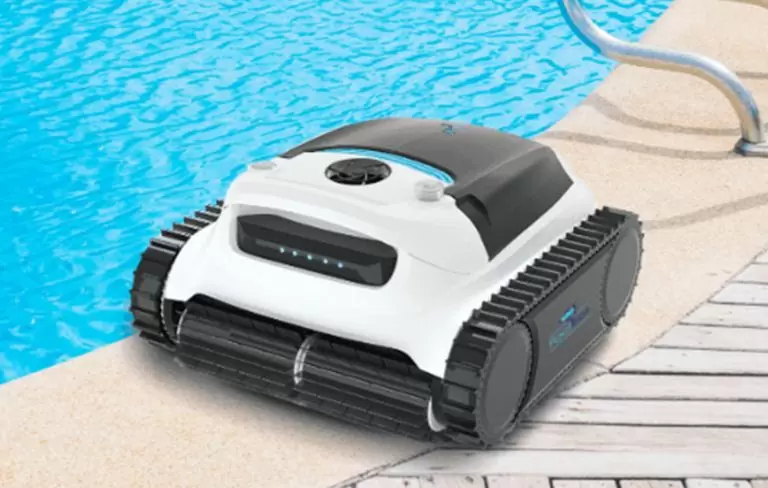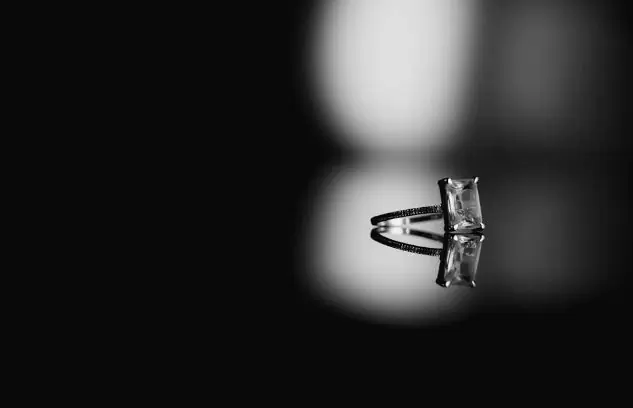How To Use Glue Traps For Bed Bugs
Glue traps are a popular and effective way to catch bed bugs. They use a sticky adhesive to trap the bugs as they move around on the trap’s surface. The glue is usually made from a non-toxic material that will prevent the bugs from escaping once they become stuck.
When using glue traps for bed bugs, it’s important to place them in areas where you suspect bed bug activity, such as near your bed or furniture. The traps should be placed flat against the surface and left undisturbed for several days to allow enough time for any nearby bed bugs to become trapped.
It’s also important to regularly inspect and replace the glue traps as needed, especially if you notice any signs of bed bug activity. Using glue traps with other methods, such as heat treatment or insecticides, can help eliminate an infestation quickly and effectively.
Bed bug traps
Bed bugs are a persistent problem for many households, and while there are many ways to deal with these pests, using glue traps is one of the most effective. Glue traps trap bed bugs as they try to crawl onto or off your bed or other furniture. The adhesive on the trap sticks the bugs in place, preventing them from moving around and spreading throughout your home.
To use glue traps for bed bugs, identify areas where the pests will likely hide out or travel through. It could include the legs of your bed frame, cracks in walls or floorboards, or areas near baseboards. Once you have identified these locations, place a few glue traps in each area and wait for the results.
One thing to remember when using glue traps is that they must be checked regularly and replaced as needed. If too many bugs get stuck on a single trap, it can become less effective. Additionally, it’s important to remember that while glue traps are a practical part of any pest control strategy, they should not be relied upon as the sole method of dealing with an infestation. Use them with other treatments like steam cleaning and pesticide sprays for the best results.
How to prevent bed bug infestations
One of the most effective ways to prevent bed bug infestations is using glue traps. Glue traps are non-toxic and affordable, making them a convenient option for homeowners. These traps attract bed bugs with pheromones and then trap them in a sticky adhesive.
To use glue traps, first, identify the areas where bed bugs are likely to hide, such as near beds or furniture. Place the glue trap strategically in these areas by peeling off the protective layer and folding it into a rectangle or triangle shape. Then place it on a flat surface with the open end facing up.
Glue traps should be checked regularly for signs of bed bug activity, such as shed skin or fecal matter. It is also important to replace them every few weeks or when they become full to ensure maximum effectiveness in preventing bed bug infestations. Properly using glue traps can be an effective tool for keeping your home free from pesky bed bugs.
How do I properly place and use glue traps for bed bugs?
Glue traps can be an effective tool in getting rid of bed bugs, but only if they are correctly used. First and foremost, strategically placing glue traps around your home is important. Make sure to put them near areas where bed bugs are commonly found, such as your mattress or upholstered furniture. Additionally, make sure to place the trap along a wall so that it can effectively trap any bed bugs trying to climb up.
When using glue traps for bed bugs, checking them frequently to see if you have caught any pests is important. If you find that a trap has captured some bed bugs, dispose of it properly by sealing it in a plastic bag and throwing it away in an outdoor trashcan. It’s also important to note that while glue traps can help catch some bed bugs, they should not be relied on as the sole method of extermination.
In addition to placing the glue traps correctly and checking them regularly, there are other things you can do to prevent bed bug infestations in your home. Regularly vacuuming carpets and upholstery, washing bedding frequently with hot water, and sealing cracks or gaps around windows and doors can help reduce your risk of experiencing a bed bug problem.
What are some other ways to prevent bed bug infestations?
Apart from using glue traps, there are several other ways to prevent bed bug infestations. One of the easiest and most effective ways is to wash your bedding and vacuum your mattress frequently. It helps to eliminate any potential hiding places for bed bugs. Additionally, it is important to inspect any second-hand furniture before bringing it into your home, as this is a common way for bed bugs to enter.
Another preventive measure against bed bugs is sealing up all crevices and cracks in walls or flooring around the perimeter of a room. Bed bugs can easily find their way through tiny spaces, so sealing them up reduces the chance of an infestation. Furthermore, reducing clutter in your living space makes it easier to spot any signs of bed bugs early on.
While these measures help prevent an infestation, it’s important to note that they may not always be enough on their own. If you suspect that you have a bed bug problem, it’s recommended that you seek professional help immediately.
FAQs
How do I use glue traps for bed bugs?
Place the glue trap near the area where you suspect bed bugs to be hiding. Make sure to leave it undisturbed for at least a week. Bed bugs are attracted to the carbon dioxide humans exhale, so placing the trap near your sleeping area is ideal.
Can I reuse glue traps?
No, once a glue trap has captured bed bugs, it should be disposed of immediately. Use gloves and carefully place the trap in a plastic bag before throwing it away.
How many glue traps should I use?
Using multiple glue traps throughout your home is recommended if you suspect a bed bug infestation. Please place them in areas such as behind furniture, under beds and couches, and along baseboards. You can also try putting them inside dresser drawers or closets.
Overall, using glue traps for bed bugs can effectively monitor and control an infestation. However, it’s important to note that they should not be used as the sole treatment method as they only capture a small percentage of bed bugs in your home. Consult with a pest control professional for more comprehensive solutions.










